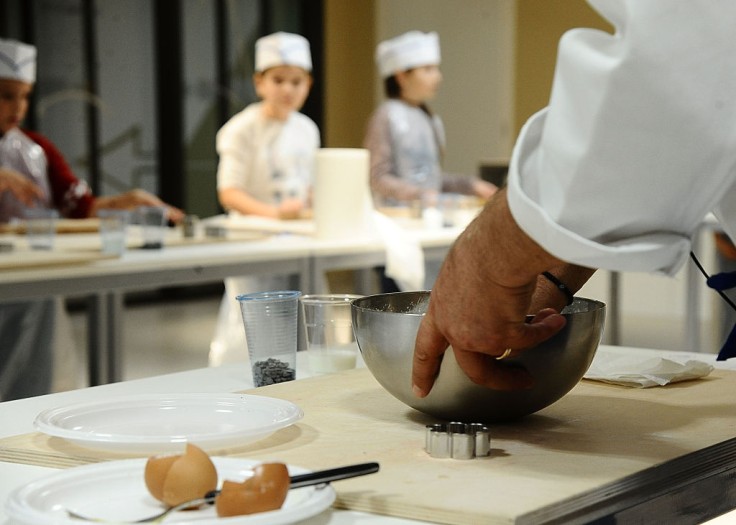
Parents across different generations in the U.S. want cooking and kitchen skills to become a major part of the school curriculum. In a survey from Cinch Home Services, a well-established home warranty company, about 85 percent of parents expressed that this should be an integral lesson taught to the children.
Cinch Home Services conducted the survey to ask Americans about their kitchen habits and routines, including their knowledge on food preparation and storage of leftovers. At the end of the survey, participants received a grade to determine their cooking and kitchen abilities.
Most of the participants thought they did exceptionally well on the questions, especially among Generation Y (born between 1981 to 1996) and Generation Z (born between 1997-2012). However, most of the age group's actual results netted a failure grade, except for the Baby Boomers, or those born between 1946 to 1964, who scored over 60 percent.
The results highlighted how most people lack basic cooking and kitchen skills even if they are pretty confident in their abilities.
Importance of Nutrition Education
According to the Centers for Disease Control and Prevention (CDC), most U.S. students only get at least eight hours of nutrition education within a school year. Since 2014, lessons on developing cooking and kitchen skills have dropped to 84.6 percent.
These lessons are necessary for promoting a healthy relationship with food, teaching students how to prevent chronic diseases. However, because schools are besieged with many demands and issues, nutrition education has taken a backseat.
However, the CDC said that these lessons can still be incorporated into other subjects taught to the class. Aside from actual cooking lessons, the students may also enjoy hands-on learning opportunities with farm field trips or visits to school meal programs.
Schools may also create a vegetable garden managed by the students that may double as a learning tool for science, math, or history lessons. Teachers might also want to expose the kids in the school cafeteria to encourage them to work around the kitchen or undertake a taste test with the nutrition staff and distinguish various ingredients.
Some States Leading the Way
California, Illinois, and Virginia have led in establishing cooking and kitchen skills lessons in young kids. According to the California Department of Education, about 87 percent of their student population in the fourth to eighth grade said that they want to make their own meals and snacks, but they lack the knowledge on preparing nutritious meals.
Some of the students also said that they want to experience handling food or learning various food ingredients. Working in the kitchen also gives kids a sense of accomplishment, especially if they are preparing meals for their families.
The lessons also help the kids develop life skills and boost their sense of responsibility as they complete each task, from the preparation to the clean-up in the kitchen. Studies have also shown that children become more aware of food safety and cooking sustainability if they have basic cooking and kitchen class in school.